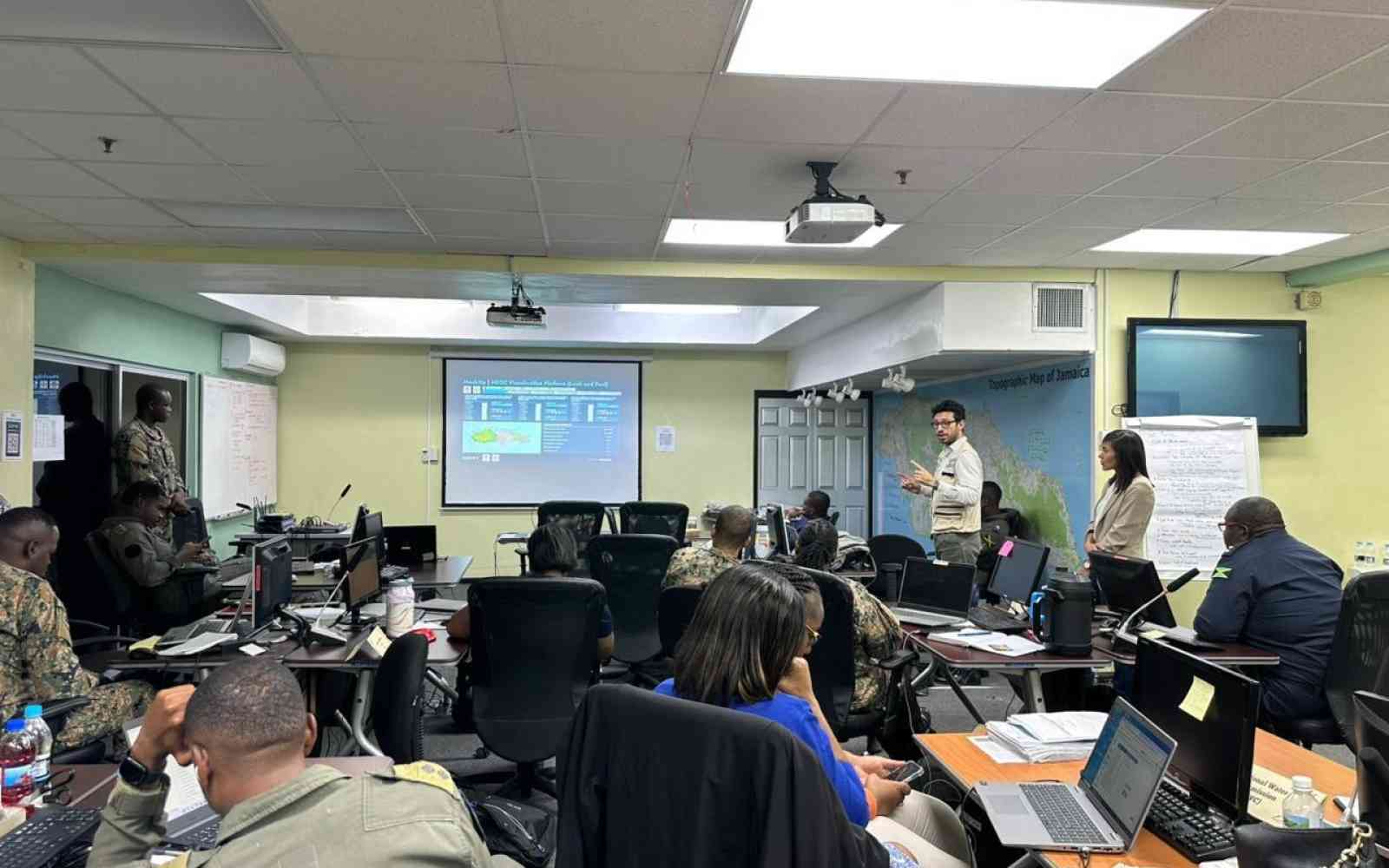The United Nations Office for Project Services (UNOPS)
Improving livelihoods for cyclone-affected people in Zimbabwe
A $72 million grant from the World Bank’s International Development Association will fund a four-year project to support livelihood recovery for cyclone-affected people in Zimbabwe, and help build a foundation for longer-term resilience.
Cyclone Idai swept through eastern Zimbabwe in March 2019, leaving behind a trail of destruction. Heavy rains caused flash flooding and landslides, damaging critical infrastructure, schools, hospitals, farmlands and homes. Approximately 50,000 households were destroyed – impacting around 270,000 people.
“The already acute economic and humanitarian situation in Zimbabwe was further worsened due to the damage inflicted by Cyclone Idai,” said Paul Noumba Um, the World Bank’s Country Director.
“This warrants an extraordinary and urgent response from the World Bank, and we are engaging partners to mount an effective response that addresses the most critical needs for immediate and sustainable disaster recovery,” he added.
UNOPS is the direct recipient of the grant and will work together with other United Nations organizations – including UNICEF, World Food Programme, Food and Agriculture Organization and the World Health Organization – to implement the project.
Rainer Frauenfeld, Director of UNOPS in Kenya said: “The Zimbabwe Idai Recovery Project will leverage the World Bank - United Nations partnership in Zimbabwe to help the communities affected by Cyclone Idai recover from the effects of the storm, restore livelihoods and build resilience.”
The project will target the most affected communities and provide immediate support for livelihood regeneration through cash transfers, restoring agricultural crops and livestock production, and revitalizing basic healthcare services.
UNOPS and partners will further support medium-term recovery and resilience building by rehabilitating critical infrastructure – such as water and sanitation systems, irrigation networks, community schools and roads – and supporting disaster risk mitigation and preparedness efforts.









